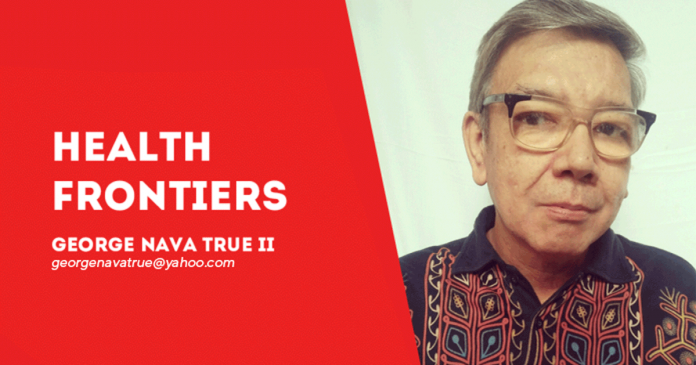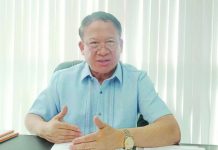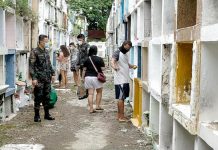
BY GEORGE NAVA TRUE II
THE WORLD Health Organization (WHO) and the United Nations International Children’s Emergency Fund (UNICEF) Philippines on behalf of the Global Polio Eradication Initiative (GPEI) recently commend the Department of Health (DOH), government agencies, partners, and civil society efforts for ending the polio outbreak in the Philippines.
The DOH officially concluded the polio outbreak response on 3 June 2021. The decision came since the virus has not been detected in any child or the environment in the past 16 months. This was the result of comprehensive outbreak response actions, including intensified immunization and surveillance activities in affected areas of the country.
The DOH announced a polio outbreak in the Philippines on September 19, 2019, after 19 years of being polio-free. Since then, the government, together with WHO, UNICEF, and partners conducted nationwide polio campaigns to stop the spread of the virus.
Global first
Despite the tremendous challenges to immunization presented by the simultaneous impact of COVID-19, the DOH continued its polio immunization campaigns. UNICEF and WHO commended the DOH for enhancing training and mobilizing health workers in infection prevention and control and supplying them with personal protective equipment to vaccinate children in their homes and designated health centers. This was a global first in a country experiencing community transmission of COVID-19.
WHO aided the country’s polio outbreak response by supporting both technical and operations on intensifying polio surveillance, planning, preparing for, and monitoring of immunization campaigns, infection prevention and control measures, and risk communication. WHO also deployed international and national polio experts who provided on-the-ground technical support to the regions and local implementers.
Major win
“This is a major win for public health and is an excellent example of what collective efforts can attain, even during the COVID-19 pandemic. The closure of the polio outbreak is a direct result of strong political will and government leadership, the mobilization and engagement of resources and communities, the courage and commitment of healthcare and front-line workers, and the combined, coordinated efforts of the local governments and partners,” said Dr Rabindra Abeyasinghe, WHO representative to the Philippines.
“We look forward to these efforts to be sustained for a strong and resilient immunization system, utilizing the investments made for polio outbreak response and COVID-19 vaccination to ensure all children are protected from vaccine-preventable diseases as the Philippines moves towards achieving Universal Health Care,” she added.
UNICEF supported the DOH through vaccine procurement and delivery, development of immunization guidelines, social mobilization, engaging community members and influencers, and building the capacity of DOH and LGU staff nationwide to plan and ensure that no child was missed.
Great things happen
“The success of the polio immunization in the Philippines is proof that when we come together for children, great things happen. UNICEF celebrates all the vaccine champions and partners who made this possible. We must keep the momentum and accelerate routine immunization and safeguard essential child health services while rolling out COVID-19 vaccines for priority groups,” UNICEF Philippines Representative Oyunsaikhan Dendevnorov said.
Aside from WHO and UNICEF, other core partners of the GPEI – Rotary International, US Centers for Disease Control and Prevention, Bill and Melinda Gates Foundation, and Gavi, the Vaccine Alliance – also supported the Philippine polio outbreak response.
National Press Club and Philippine Dental Association awardee George N. True II has written two bestsellers based on his popular column which has been running for almost 40 years. For questions about health, email georgenavatrue@yahoo.com./PN





